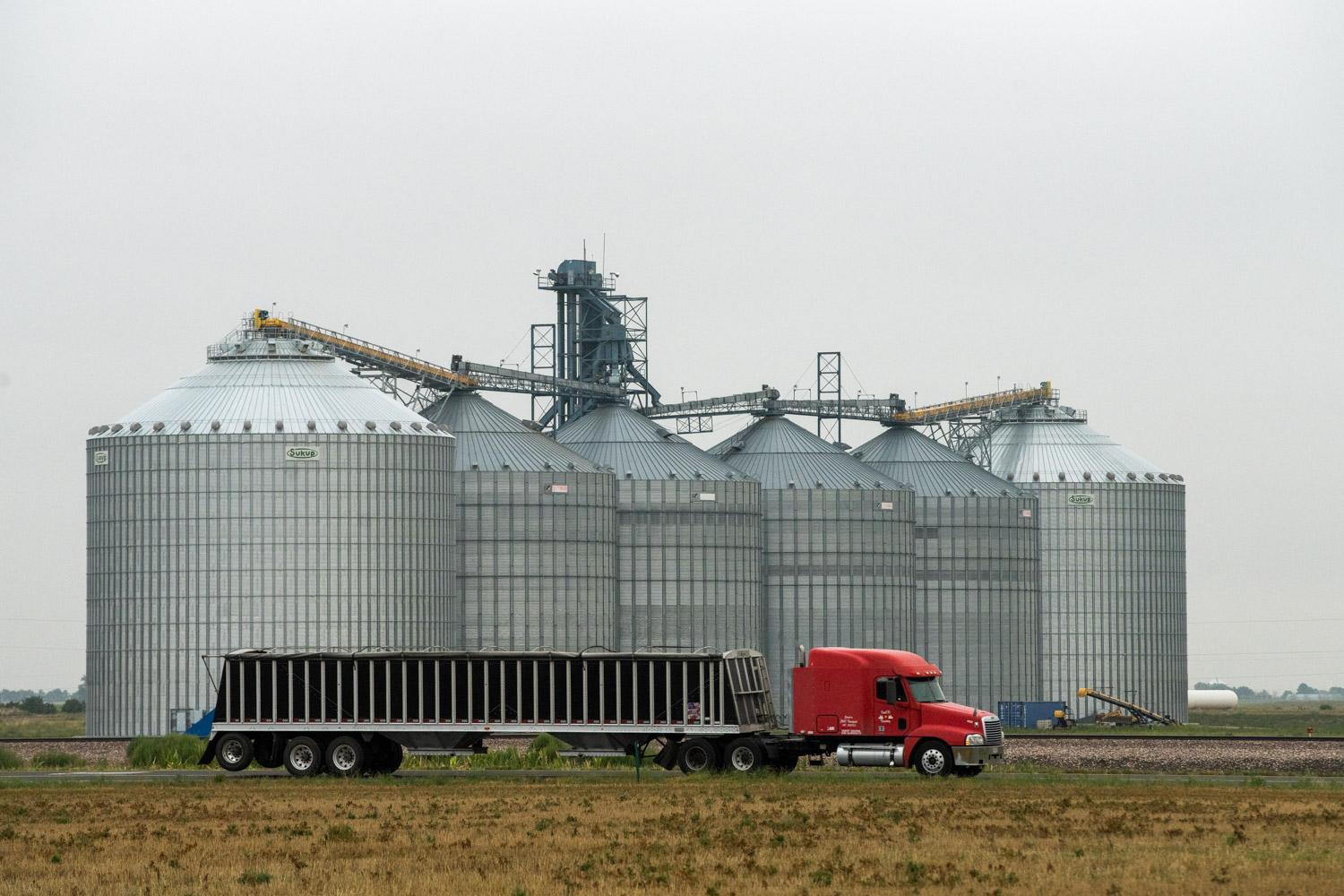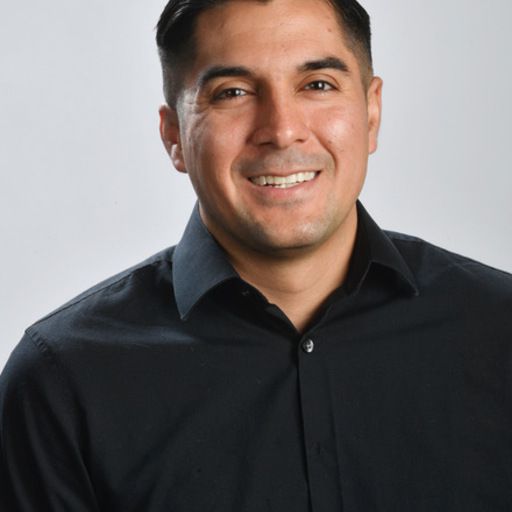
This story was originally published by Chalkbeat. Sign up for their newsletters at ckbe.at/newsletters
Colorado students whose families own farms or small businesses might not be able to qualify for federal aid for college under revisions that are meant to simplify the complicated form.
The updates to the Free Application for Federal Student Aid, better known as the FAFSA, are the result of a yearslong effort to make the form easier for families to fill out.
Over the long term, financial aid experts believe the streamlined form will benefit families. But some of the changes expected to be rolled out this year might have unintended consequences, especially in the way families tally farm and small business assets.
Without a fix, experts worry that fewer rural students will go to college. Already, they are less likely than urban and suburban counterparts to go. A bipartisan group of congressmen, including Sen. Michael Bennet, a Colorado Democrat, is hoping to amend the new rules.
“Anytime you change something, there are going to be bumps along the way,” said Marty Somero, University of Northern Colorado financial aid director. “I see those as more rough patches. In the long run, this simplification process will help families with the whole process.”
Under the FAFSA Simplification Act passed in 2020, the value of family farms and small businesses will need to be tallied on the form. The calculations might make it appear that some people have more money available to send their kids to college despite most of their assets being tied up in a business or farm.
Last year, a family with a farm worth $1 million would have been expected to cover $7,626 in college costs, according to a study by the Iowa College Student Aid Commission. According to the new form calculations, a family with that asset would be expected to contribute about $41,056.
Colorado has about 39,000 farms and ranches statewide, according to the Colorado Department of Agriculture. The state also has about 691,000 small businesses, according to the Colorado Chamber of Commerce.
Somero isn’t sure how many students from families that own farms or small businesses might not decide to show up on campus due to less financial aid available to them. He’s sure, however, that it will complicate financial aid for students already in college, he said.
He’s tallying how many UNC students that might affect. The school is hoping its foundation and donors will provide financial aid to those students.
“We’re certainly going to do our part to make sure that we get them to graduation,” Somero said.
But providing extra money can’t make up the difference in federal aid for the long term, he said.
In a March letter to U.S. Secretary of Education Miguel Cardona, Bennet and three other lawmakers said they were concerned that the changes would make filling out the FAFSA more complicated for families and asked the Education Department to issue guidance for those families.
“These farm families, whose businesses are vital to our states’ communities and economies, need prompt and tailored guidance that considers their unique business model and will help families better understand how implementation of the FAFSA Simplification Act will affect their participation in federal financial aid programs,” the letter says.
A bill has been introduced in Congress to once again exempt families who own a farm and employ fewer than 100 workers. Somero said he supports the effort, but would also support a threshold for reporting certain farm or small business assets.
For now, Somero advises families and students to work with their counselors or college financial aid offices to figure out their financial aid options. He believes that colleges are willing to work with students and encourages families to ask plenty of questions, he said.
Jason Gonzales is a reporter covering higher education and the Colorado legislature. Chalkbeat Colorado partners with Open Campus on higher education coverage. Contact Jason at [email protected].
Chalkbeat is a nonprofit news site covering educational change in public schools.









